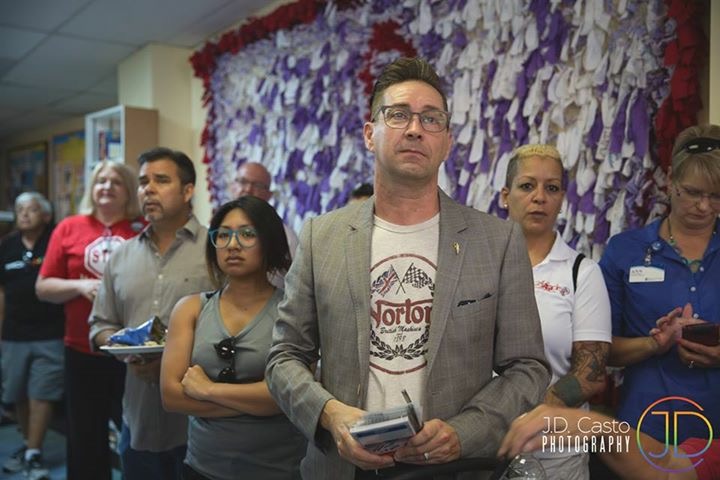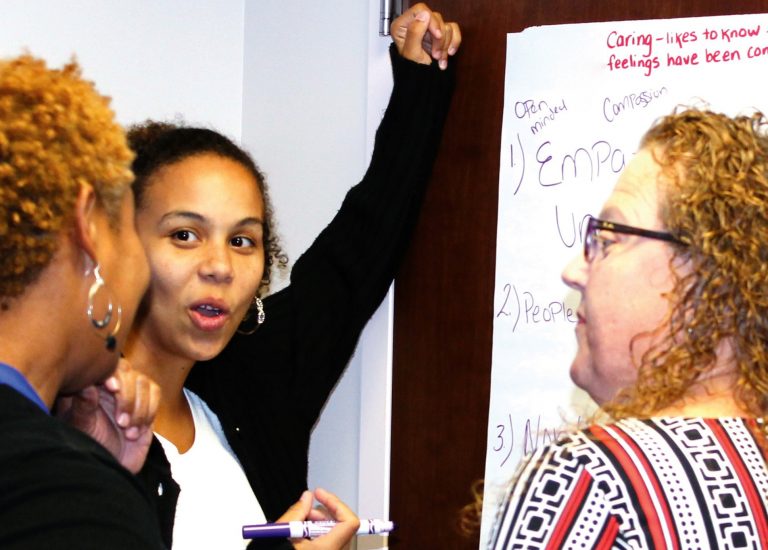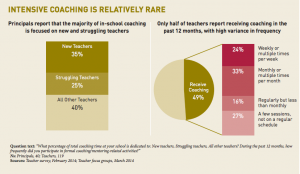https://education.ufl.edu/news/files/2023/12/V2_WPCard_ChrisThomas_ChalkGavelPodcast.png
633
1200
moxy
https://education.ufl.edu/news/files/2019/07/News-1-300x65.png
moxy2023-12-20 10:19:132024-02-16 13:09:39Christopher Thomas deciphers education law on the Chalk and Gavel Podcast
https://education.ufl.edu/news/files/2021/01/iStock-946962452-1.jpg
487
650
katelynvogt
https://education.ufl.edu/news/files/2019/07/News-1-300x65.png
katelynvogt2021-01-15 10:07:462021-11-22 14:40:14Championing education for rural communities during the coronavirus
https://education.ufl.edu/news/files/2020/11/A-to-Z_Homepage-Story_2020Kids-2-Landscape.jpg
2048
3370
kaylasharp
https://education.ufl.edu/news/files/2019/07/News-1-300x65.png
kaylasharp2020-11-13 13:54:362020-11-14 13:54:17Making Early Childhood Research Accessible
https://education.ufl.edu/news/files/2020/08/UFLI_teaching_reading_online.png
402
1200
kevincoulson
https://education.ufl.edu/news/files/2019/07/News-1-300x65.png
kevincoulson2020-08-20 08:52:122020-08-20 09:02:24Innovations in Teaching Reading Online
https://education.ufl.edu/news/files/2020/07/Teacher-Inservice-Training-at-Terwilliger-Elementary-School.jpg
960
1280
kevincoulson
https://education.ufl.edu/news/files/2019/07/News-1-300x65.png
kevincoulson2020-07-31 14:19:232020-07-31 14:54:24UF Support for Local School Continues Through Pandemic
https://education.ufl.edu/news/files/2020/03/homeschool.jpg
1811
4000
kaylasharp
https://education.ufl.edu/news/files/2019/07/News-1-300x65.png
kaylasharp2020-03-19 15:17:522021-10-12 14:49:35Online Learning Programs, Activities and Related Resources
https://education.ufl.edu/news/files/2019/07/News-1-300x65.png
0
0
https://education.ufl.edu/news/files/2019/07/News-1-300x65.png
2016-11-18 10:50:022016-12-12 21:22:39Counselor Ed. volunteers reflect on Orlando Pulse nightclub tragedy
https://education.ufl.edu/news/files/2019/07/News-1-300x65.png
0
0
https://education.ufl.edu/news/files/2019/07/News-1-300x65.png
2016-10-21 11:10:392016-10-24 10:55:43Athletes have coaches, why not teachers?
Scroll to top







